It's National Recycling Week!
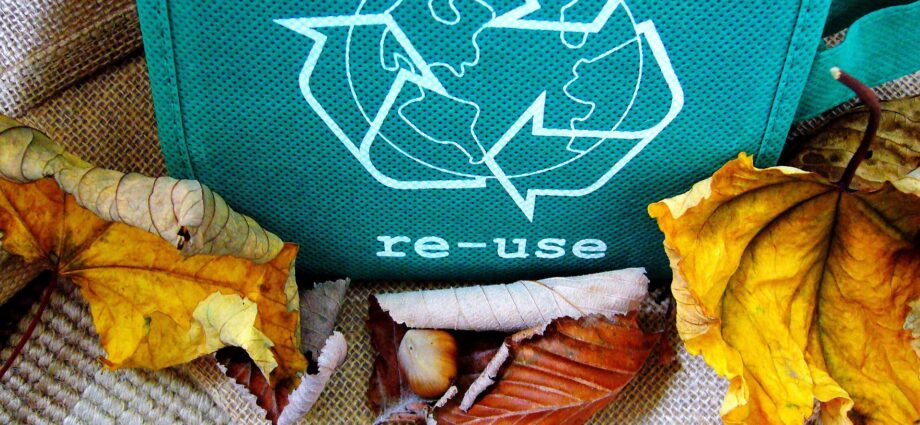
National Recycle Week is a yearly event (19th to the 25th of September) that celebrates recycling across the country. It’s the one week of the year when retailers, brands, waste management businesses, trade groups, governments, and the media all work together to achieve one goal: to convince the public to recycle more of the correct items, more often.
The topic for this year is “Let’s Get Real” and it will challenge views and myths about recycling, as well as target contaminants to promote recycling behaviours.
First and foremost, what is recycling?
Recycling is the process of transforming waste resources into new materials and items. And why is recycling important? it helps to minimize our carbon footprint, it also reduces the demand for raw material gathering, saves energy, reduces greenhouse gases, prevents pollution and does many other things.
We can help keep the environment clean and our natural resources preserved by increasing our recycling habits.
 So what is Recycleable?
So what is Recycleable?
- Plastic Bottles
- Any plastic bottles or containers found in your home
- Paper and Cardboard
- Cereal/snack cardboard boxes
- Newspapers, magazines, and mail
- Office Paper and cardboard
- Metals
- Tin, aluminum, and steel cans
- Glass
- Food containers or jars
- Soft drink and beer bottles
- Wine and liquor bottles
 And what isn’t recyclable?
And what isn’t recyclable?
- Plastic Shopping Bags
- Plastic toothpaste and other squeezable tubes
- Plastic stretch wrap
- Polystyrene Foam Cups or Containers
- Egg cartons
- Drinking cups
- Soiled Food Items
- Food soiled containers (Pizza, takeaway boxes, etc)
- Soiled paper products (Coffee cups, etc)
- Other
- Broken or sharp glass
- Snack packaging (crisp packets)
- Plastic Utensils
How to effectively recycle
Plastic Bags
- You may believe that plastic bags are useful for collecting all of your recyclable materials. Plastic bags, on the other hand, can be an unexpected and time-consuming nightmare for workers sorting at the recycling plant. If you have a tendency of putting all of your tin cans in a plastic bag and sealing it up before handing them in, stop right now. You may be wasting your time because plastic bags are routinely discarded, even when they are full. The automatic recycling process is slowed down by plastic bags. This is because human sorters must open each bag separately and then dispose of the them, making the procedure more complex.
Paper
- Shredding is occasionally necessary, especially when dealing with confidential documents. However, you should not do it just to fit more into a recycling bin. Some recycling centers will not take little pieces of paper, and those that do will have to reduce the quality of what may be recycled. The length of the paper fiber influences whether it may be recycled into high-grade or low-grade material, such as useable printer paper. Leaving paper outside or exposing it to the elements may also have an impact on how much of it is recycled. Paper left out in the rain can degrade organic material, which is why many recycling bins have lids that are sealed until manually opened.
Bottles
- Should bottle lids be left on or removed? It’s a basic question that has caused much consternation. The previously suggested method was to remove them. This is since bottle tops are often constructed of polypropylene. This polymer melts at a higher temperature than the rest of most plastic bottles. Another reason was that uncompressed bottles with lids were hazardous during the initial stages of recycling. The compression of an air-packed bottle frequently resulted in the propulsion of bottle caps at high speeds, which was regarded as a clear health concern.
Cardboard
- Although cardboard is recyclable, grease can cause damage and make it unrecyclable. This means that you should avoid recycling food containers, Pizza boxes, coffee cups, and animal waste because they can easily contaminate the rest of the recyclable materials. These should be disposed of in a regular bin or a compost bin.
Check your local council’s recycling guidelines
- This advice will apply to a majority of locations, Usually, each council area has its own recycling guidelines, and some may accept goods that others do not. It’s well worth reading your area’s recycling guide to ensure you’re not wasting your time recycling anything that can’t be recycled.
Where to recycle?
- Every household should have a recycle bin for mixed-use. But if you want to be more serious about recycling you can purchase additional bins and colour code them for individual materials, for example, Blue: Paper & Cardboard, Green: Glass Bottles and jars and Red: Plastic Bottles & Packaging. There are also various other ways to dispose of your recycled goods such as
Local recycling centers
- Community facilities are available. Find out where your nearest recycling center is and how to utilize it.
Businesses and schools
- Can play a significant role in recycling follow the recycling programs offered by your school or business and consider ways to improve them. There are often recycling machines for glass bottles or cans available to the public in local supermarkets, check online to find out where your nearest one is.
Community projects
- Why not participate in local community recycling efforts by donating money or suggesting and implementing new ideas.
Other ways to have less impact on the environment
Recycling is one of the best methods to reduce your environmental effect, but there are other things you can do as well, such as walking or cycling instead of using the car. In the United Kingdom, half of all car journeys are less than two miles long. By switching to more active transport, you can save money, reduce air pollution, and get more exercise. You can also reduce your carbon footprint by using more eco-friendly products such as Ecover! Which we sell in our stores. Setting your washing machine to a low temperature, purchasing a clothes airer, and turning off lights when not in use all help to reduce your carbon footprint. Even little steps like meatless Mondays can help reduce meat consumption.
We hope this blog provided some insight into recycling and how to do it, and that you will remember to make the correct decisions the next time you recycle! Have a wonderful recycling week!
Follow Home Hardware on Facebook and Twitter for more updates! Vist our website Home Hardware Direct for all your household needs here

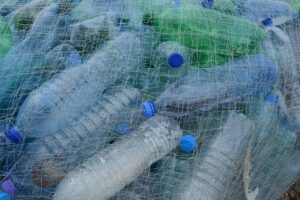
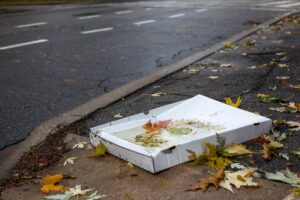



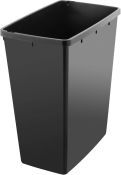

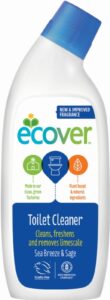
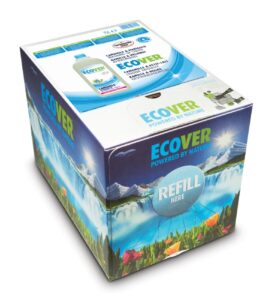
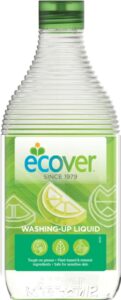
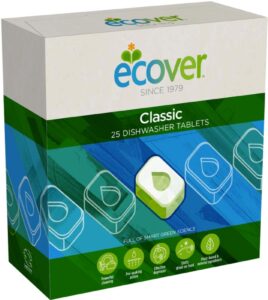
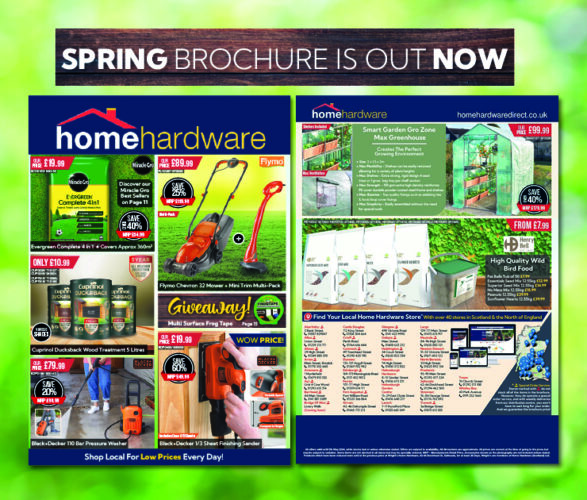



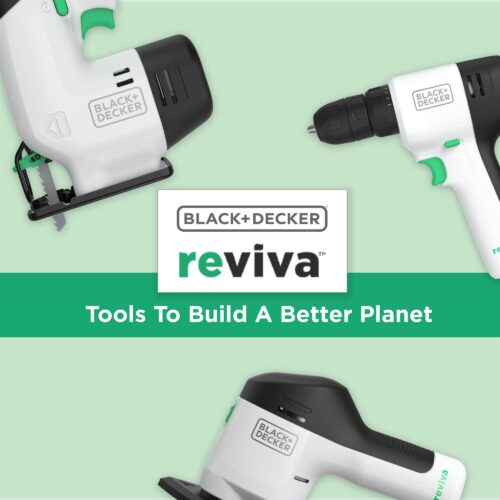
Comments are closed, but trackbacks and pingbacks are open.